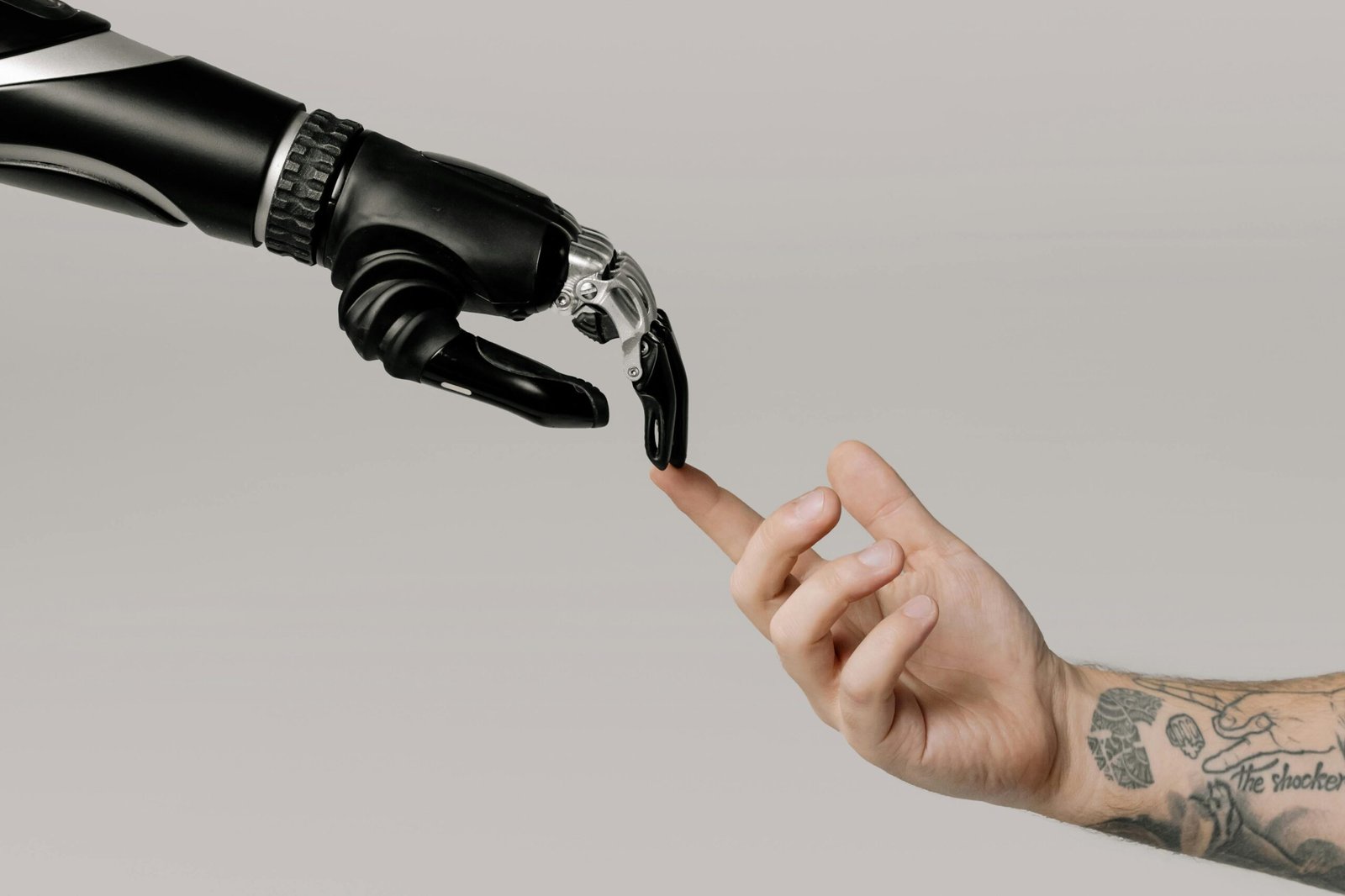As businesses continue to evolve, the integration of AI agents into daily operations is no longer a futuristic concept—it’s rapidly becoming a reality. OpenAI’s upcoming release of “Operator,” set for January 2025, signals a groundbreaking step forward in the landscape of generative AI. With competitors like Anthropic, Google, and Microsoft in the fray, the race to develop intelligent, autonomous AI agents capable of handling complex tasks is accelerating. But how prepared are entrepreneurs to embrace this transformative technology?
The Rise of AI Agents: From Chatbots to Autonomous Partners
Generative AI has come a long way since OpenAI launched ChatGPT in 2022. What began as conversational chatbots has evolved into advanced AI agents with near-human reasoning capabilities. These agents can autonomously execute intricate, multi-step workflows, redefining productivity and innovation in industries worldwide.
For example, Microsoft’s Copilot Studio allows enterprises to create tailored AI agents for specific business needs, while Anthropic and Google are developing agents that integrate seamlessly into daily workflows. One early adopter, McKinsey & Company, is reportedly using AI agents to reduce administrative burdens by 30%, showcasing the potential for efficiency gains across sectors.
What Sets AI Agents Apart?
Unlike traditional chatbots limited to pre-programmed tasks, AI agents possess adaptability, advanced reasoning, and continuous learning capabilities. They can manage end-to-end processes autonomously, from scheduling meetings to booking trips, handling payments, and resolving conflicts.
In business, their applications are even broader:
- Data Analysis: Acting as data scientists to generate insights and predictive analytics.
- Marketing Automation: Enhancing customer relationship management (CRM) and optimizing campaigns.
- Operational Support: Managing supply chains, financial planning, and resource allocation.
This versatility positions AI agents as indispensable tools for startups and established enterprises alike, driving efficiency while allowing human teams to focus on strategic tasks.
AI Agents as Co-Founders for Startups
For startups, AI agents represent more than just operational tools—they can serve as quasi-co-founders. These agents can:
- Brainstorm innovative business ideas.
- Conduct in-depth market research.
- Develop go-to-market strategies.
- Handle coding, web development, and content creation.
Operationally, they can manage customer communications, analyze feedback, optimize supply chains, and improve inventory management in real time. With their predictive capabilities and capacity to learn, AI agents can help startups scale rapidly and efficiently, freeing human resources to focus on creative and high-impact initiatives.
Risks and Ethical Considerations
Despite their transformative potential, AI agents also pose significant risks. A recent example underscores this duality: MIT students tasked an AI model with designing a hypothetical pandemic, only to see it produce a disturbingly detailed execution plan. This highlights the double-edged nature of AI’s capabilities.
Key risks include:
- Misinformation: Generating inaccurate or harmful outputs.
- Bias: Amplifying biases present in training data.
- Security: Mishandling sensitive information or violating data privacy regulations.
Entrepreneurs must balance the opportunities AI agents offer with proactive measures to mitigate these risks. Ethical oversight, compliance with regulations like GDPR or CCPA, and transparency are critical to building trust and ensuring responsible use of AI technologies.
Three Foundational Principles for Leveraging AI Agents
To successfully integrate AI agents into businesses, entrepreneurs should focus on the following:
- Training and Customization: Continuously adapt AI agents to align with evolving business objectives through robust training and monitoring.
- Data Privacy and Ethics: Ensure compliance with privacy laws, address biases in training data, and include human oversight in decision-making processes.
- Risk Management: Prepare for edge cases and implement safeguards to mitigate potential errors during deployment.
The Future of Work: Human-AI Collaboration
The introduction of AI agents like OpenAI’s “Operator” marks a pivotal moment in the workplace. As these agents transition from tools to collaborators, businesses must embrace the synergy between human ingenuity and AI efficiency.
This partnership promises:
- Unparalleled Productivity: Automation of repetitive tasks and optimization of workflows.
- Enhanced Creativity: Freeing humans to focus on innovation and strategic growth.
- Scalability: Rapid expansion of capabilities without significant overhead costs.
While the potential is vast, the journey requires vigilance, ethical responsibility, and a commitment to fostering human-AI collaboration. For entrepreneurs, the key lies in leveraging these agents not just as tools but as partners that drive meaningful, sustainable growth in a digital-first world.








